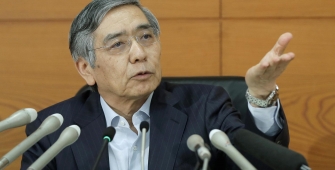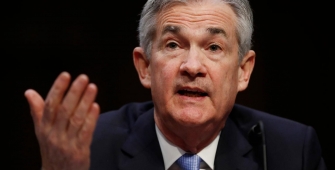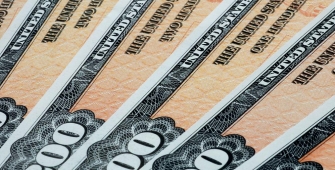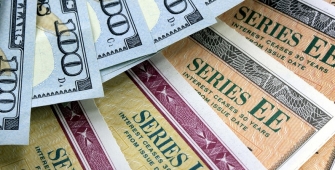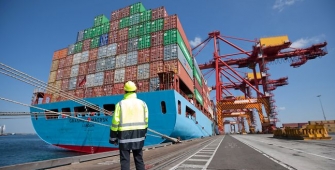InstaForex Gertrude
Active member
Japan All Industry Activity Grows At Slower Pace

Japan's all industry activity growth halved in December, the Ministry of Economy, Trade and Industry reported Wednesday.
The all industry activity index rose 0.5 percent month-on-month in December, following November's 1 percent increase. Nonetheless, this was the third consecutive increase in activity and bigger than the expected 0.4 percent rise.
Industrial production advanced 2.9 percent, while construction activity shrank 0.4 percent and tertiary industry activity contracted 0.2 percent in December.
On a yearly basis, all industry activity growth slowed to 1.8 percent in December from 2 percent a month ago.
In the fourth quarter, all industry activity rebounded 0.7 percent after declining 0.3 percent in the third quarter.
News are provided byInstaForex.

Japan's all industry activity growth halved in December, the Ministry of Economy, Trade and Industry reported Wednesday.
The all industry activity index rose 0.5 percent month-on-month in December, following November's 1 percent increase. Nonetheless, this was the third consecutive increase in activity and bigger than the expected 0.4 percent rise.
Industrial production advanced 2.9 percent, while construction activity shrank 0.4 percent and tertiary industry activity contracted 0.2 percent in December.
On a yearly basis, all industry activity growth slowed to 1.8 percent in December from 2 percent a month ago.
In the fourth quarter, all industry activity rebounded 0.7 percent after declining 0.3 percent in the third quarter.
News are provided byInstaForex.




